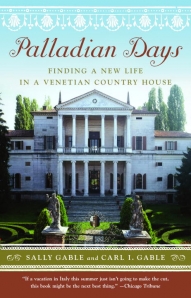This review contains affiliate links, which earn me a small commission when you click and purchase, at no extra cost to you. Thank you for supporting my small business and allowing me to continue providing you a reliable resource for clean book ratings.
Mira Bartók grew up with a schizophrenic mother; her father left when she was just a young girl, and her mother, Norma, struggled over the years to properly take care of herself and her two daughters. At times, the family lived in a rundown apartment by themselves; at others, they lived with Norma’s parents, an alcoholic grandfather and his submissive wife. Mira (born Myra) and her sister, Natalia (born Rachel), were eager to grow up and get out on their own.
Even when they did get out of the house, the two women found they couldn’t really get away from their mother. She would find them, wherever they were, in whatever city, at home or at work, and harass them. Norma, never able to escape the voices in her head, would unleash her fears on her daughters, often telling them that someone was going to rape them or kidnap them; she was sure someone was trying to steal their wombs. She often threatened to kill herself. But one upsetting experience was the last straw, and Rachel and Myra felt they had no choice but to change their names and hide from their mother.
Mira pursued a career in art and writing and traveled and lived her life. But her mother was never far from her mind. She didn’t see her or talk to her for 17 years, but she allowed a written correspondence through a post office box, whenever her mother had some kind of address (Norma was often homeless, sleeping in airport or bus station terminals). The memories of her childhood haunted her, and Mira knew that her personality had been indelibly shaped by having a mother with a serious mental illness.
The Memory Palace is Bartók’s account of growing up shaped by that experience, and it is insightful and beautifully written. It is unflinching in its honesty, but also compassionate toward a delightful, talented woman who struggled mightily with genetic demons.
Rated: Moderate, for five uses of strong language, including one word not often used, other moderate language and vulgar phrases, and some domestic violence. Sexual references are brief.
Click here to purchase your copy of The Memory Palace on Amazon.




